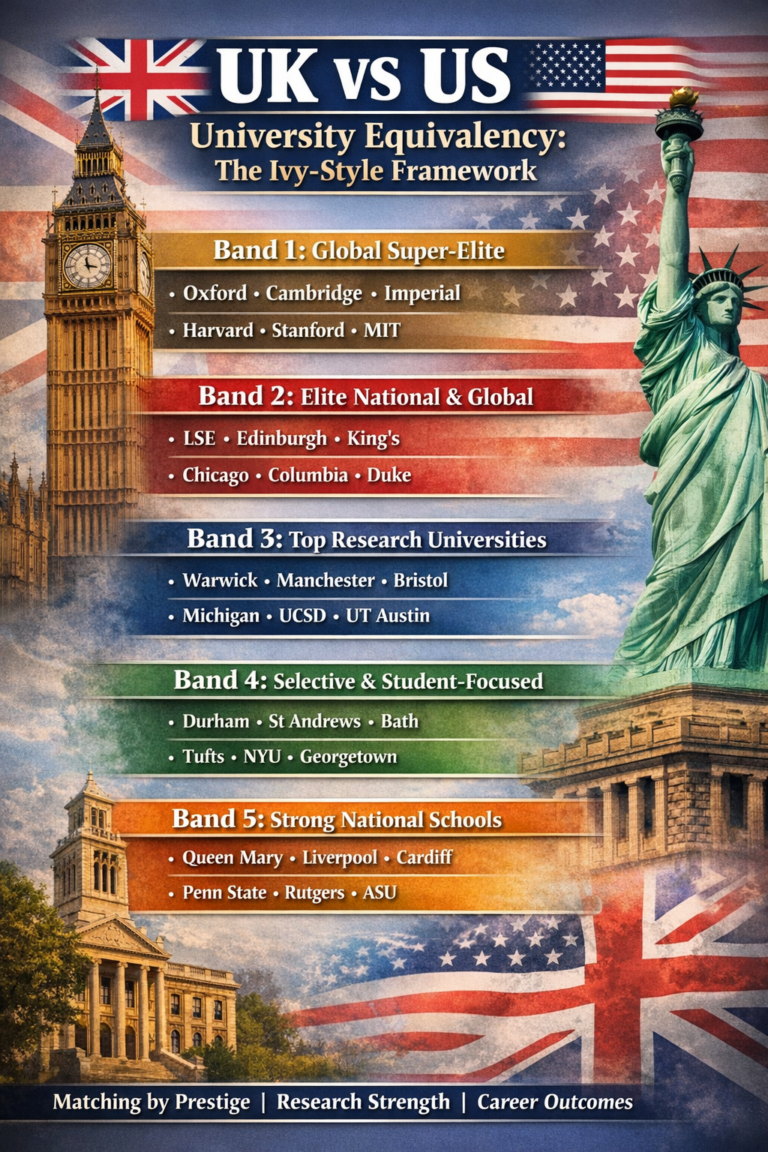
The Open Curriculum
If you’re in the middle of shortlisting US colleges for your applications, you’ve probably realized that not all universities structure their academics the same way. One option you might encounter is the Open Curriculum, which is a model that gives you far more freedom to shape your academic journey compared to traditional Core or distribution requirements.
For students who want flexibility, independence, and the chance to explore multiple disciplines before committing to a major, the Open Curriculum can be a game-changer. But like any academic model, it’s not for everyone. Understanding how it works and which universities offer it can help you make a more informed college choice.
Who thrives in an Open Curriculum environment?
Let’s understand what kind of student is likely to make the most of an Open Curriculum –
-
If you aren’t keen on taking Core courses, as you want to engage in courses that you are interested in or those that align with your future goals
-
If you want the complete freedom to explore various courses until you settle on a major/s
-
If you would appreciate early guidance on how you can best prepare for the future you envision for yourself
-
If you identify as an interdisciplinary learner who loves to delve into many subjects at once
A common misconception about the Open Curriculum is that you don’t need to major/concentrate on a specific subject. This is untrue. You will still need to declare a major or concentration in your second year, and you must fulfill this requirement to graduate from college.
Read More: US and UK Find the Right Job
In this blog, I would like to explore four of the universities that offer an Open Curriculum –
1. Brown University
Brown’s famously known Open Curriculum allows students to generously explore the flexibility of this curriculum. While expected to complete concentration requirements, Brown allows you to ditch the traditional letter grades, as you can opt for courses for satisfactory/no credit. However, remember that at Brown, you would also need to be comfortable with mapping your syllabus and academic/research path. You can explore courses according to the ‘academic divisions’ they belong to or simply ‘your interests.’ These cover 80 concentrations that the university offers.
2. Vassar College
A small private college in New York, Vassar, too, boasts of an Open Curriculum in that way of not offer a Core or distribution requirements. The ‘open’ ethos demonstrated by its curriculum is also seen through their “Your Space” section in the application for incoming freshmen, encouraging students to share something they haven’t had a chance to. The Career Development Office maintains an incredible alum network (pssst. Meryl Streep and Anne Hathaway are alums), which can be a great resource for curating your niche.
3. Amherst College
Amherst, a hidden Ivy, does not offer a core curriculum, but undergrads are expected to complete one first-year seminar and their major-specific requirements. The academic path, otherwise, is yours to craft. If you don’t wish to choose a specific academic area as a major, you can pursue the Independent Scholar Program, where you can set out to create an individualized program of study under the guidance of a tutor, which a committee must then approve.
Additionally, the academic flexibility offered encourages students to take up two majors, sometimes three! The lack of a core curriculum also means that students can undertake research starting their first semester, which is rare.
4. Wake Forest University
This ‘relatively large’ liberal arts university in Winston-Salem, North Carolina, boasts its beautiful on-campus magnolias and cherry trees. Interestingly, Wake Forest (or ‘Work Forest’ as some students like to call it) does not offer an Open Curriculum to all of its students. It does so for a select few that a committee nominates. These students get to have more freedom in terms of selecting their academic courses, along with fulfilling limited general education curriculum requirements.
Some of the other colleges that offer an Open Curriculum are Hampshire College, Wesleyan University, Hamilton College, Grinnell College, and Smith College.
Additional factors to consider before choosing an Open Curriculum
While the appeal of academic freedom is obvious, it’s worth remembering that freedom comes with responsibility. You’ll be in the driver’s seat of your education, meaning:
-
Self-motivation is key – Without distribution requirements pushing you into certain classes, you’ll need discipline to ensure you gain breadth as well as depth.
-
Exploration vs. indecision – Too many options can be overwhelming. Students who have a rough idea of their interests tend to fare better than those who feel completely directionless.
-
Graduate school readiness – If you’re aiming for graduate programs in fields like medicine or law, you’ll need to proactively ensure you meet all prerequisite course requirements, as the open structure won’t mandate them.
-
Advising becomes essential – Seek out faculty mentors and academic advisors early on to help you curate a coherent path.
If you’re considering one, ask yourself:
-
Do I know how to create an academic plan without fixed requirements?
-
Am I prepared to seek out advice proactively?
-
Will this flexibility help me stand out, or will it cause me to lose focus?
Choosing between an Open Curriculum and a more structured program isn’t just an academic preference—it can shape your entire college experience. As you build your college list, look beyond rankings and campus photos to understand how each school’s academic model will support your goals.
If the idea of designing your learning path excites you and you’re ready to take ownership of your education, an Open Curriculum could be the perfect fit. If you prefer more guidance and structure, a Core or distribution requirement system might serve you better. The key is to match your learning style with the environment where you’ll thrive, not just for four years, but for the career and life you want beyond college.
Working with study abroad consultants, overseas education consultants, or, as more commonly known, college counselors, can help you plan and make the right choice for colleges. Ivy Central offers exceptional focus to help you prepare for college admissions throughout the high school years. Start today!









